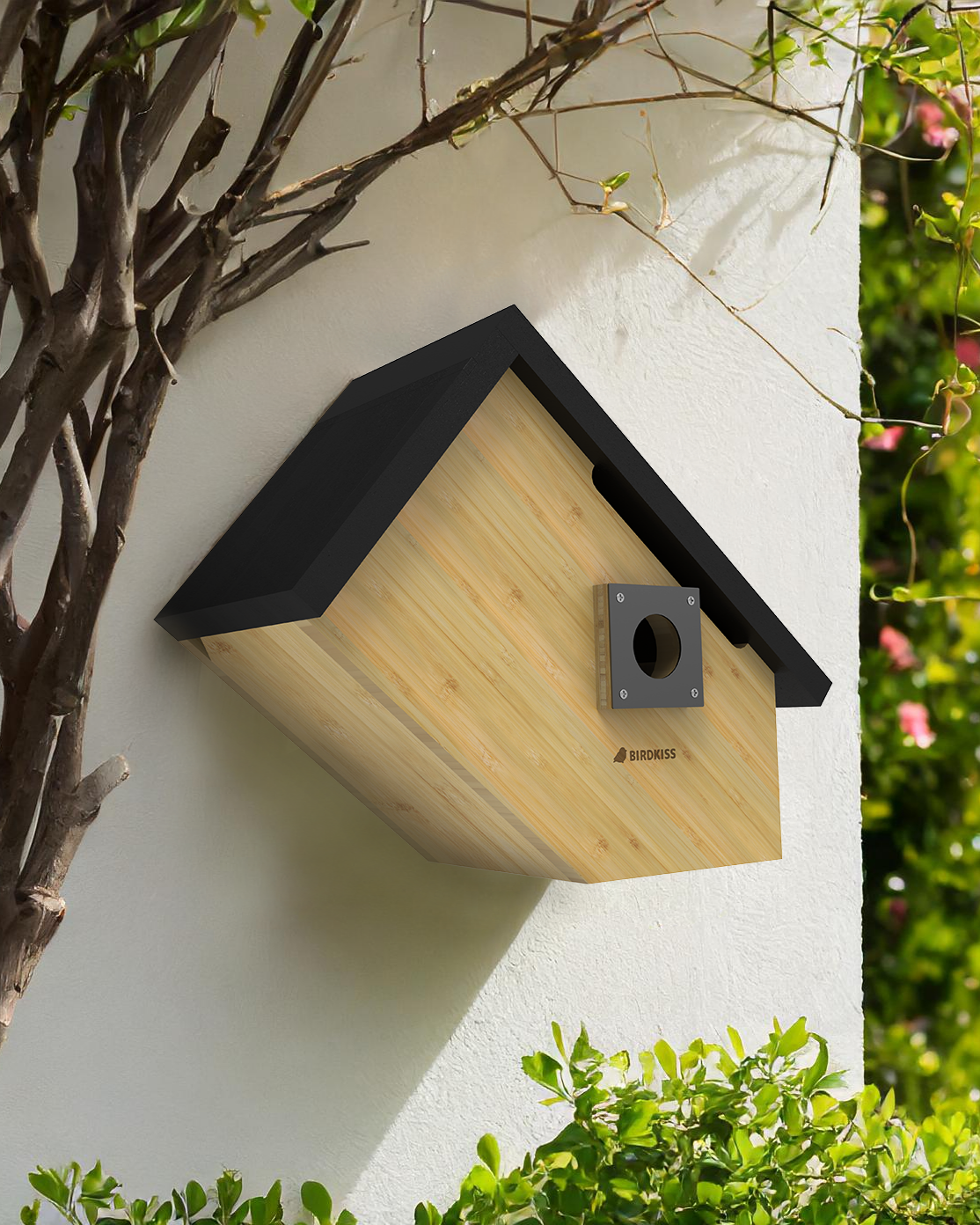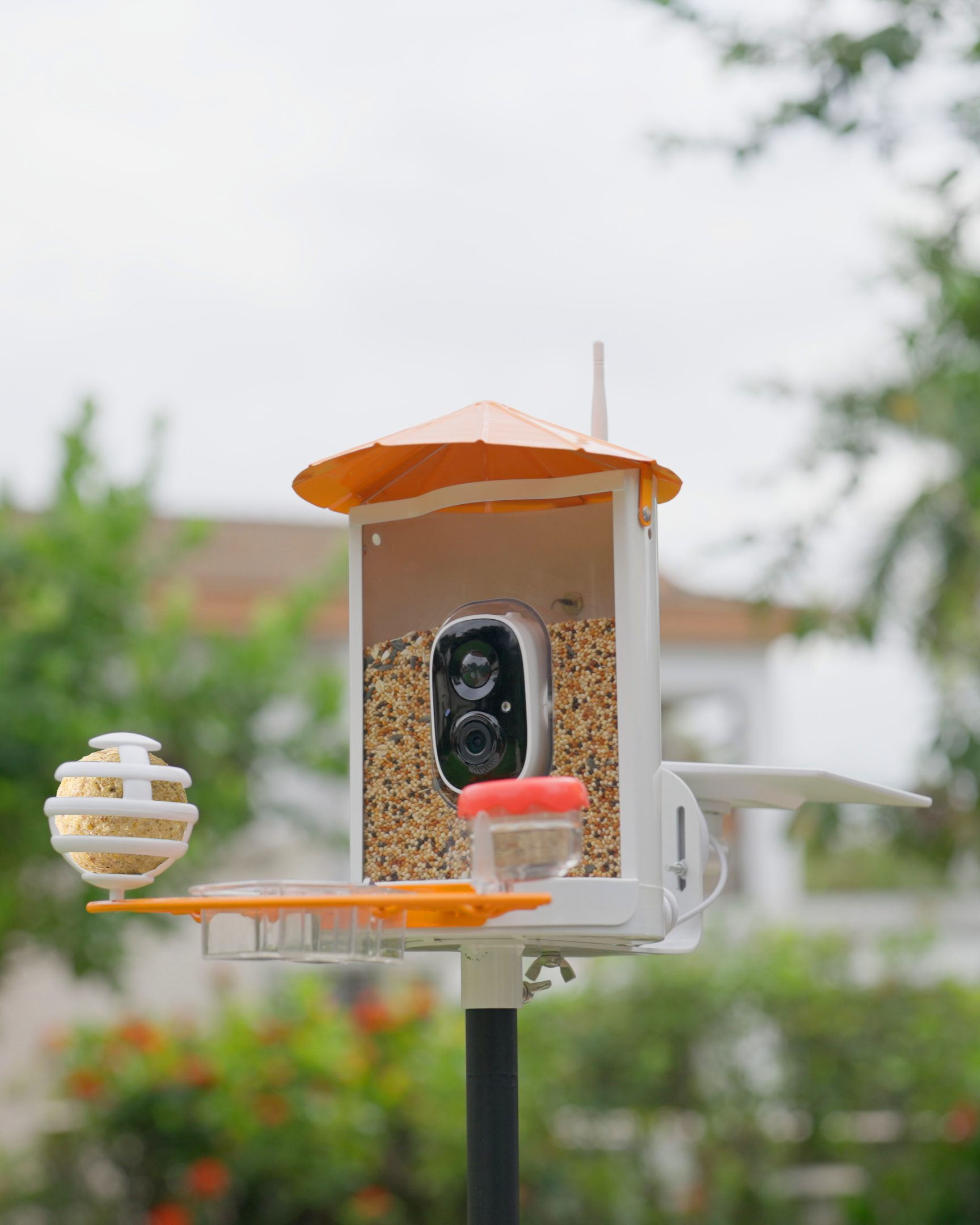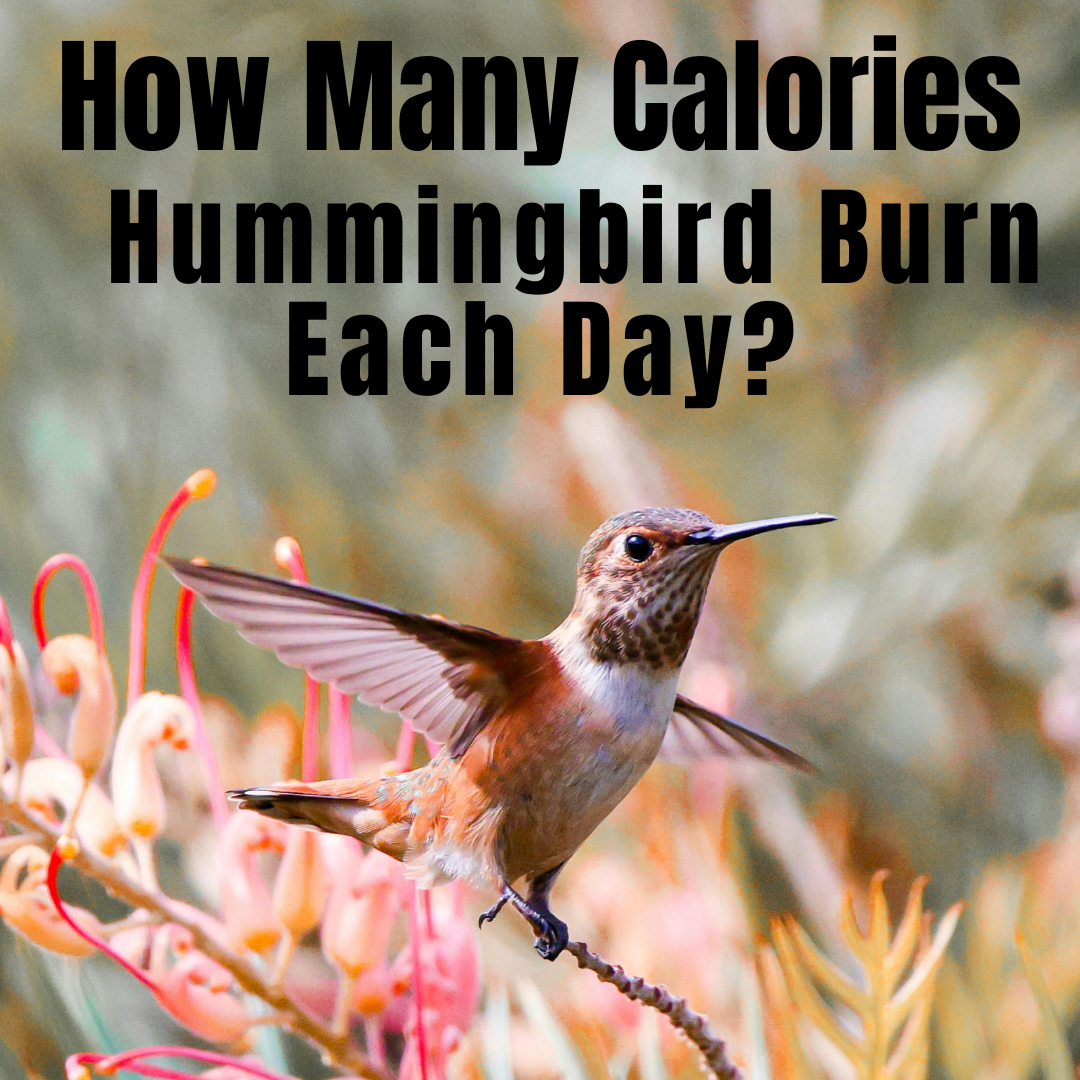The hummingbird is one of nature’s most fascinating creatures — tiny, fast, and incredibly energetic. Despite weighing only 2–5 grams, a single hummingbird burns around 40–70 calories per day. If a human had the same metabolism, we’d need to eat hundreds of pounds of food daily just to survive!

The Secret Behind Their High Metabolism
A hummingbird’s heart can beat up to 1,200 times per minute, and its wings can flap 50–80 times per second. To sustain this, hummingbirds rely almost entirely on nectar, often replicated with homemade hummingbird food — a simple mix of sugar and water in a 1:4 ratio.
In addition to nectar, they consume small insects and spiders for protein, which helps maintain muscle strength and feather health.
How Much Do They Eat?
A hummingbird visits hundreds of flowers each day, drinking up to 1.5–3 times its body weight in nectar.
Many bird lovers set up hummingbird feeders in their gardens, refilling them with fresh sugar water to attract these vibrant pollinators.
Always avoid red dye or honey, as these can be harmful to hummingbirds.
Nighttime Energy Saving
At night, hummingbirds enter a state called torpor, dropping their body temperature by about 20°C and slowing their metabolism by 80–95%. This temporary “sleep mode” helps them conserve energy until sunrise.
How to make Hummingbird food?
For more about hummingbird nectar recipes and how to make hummingbird food, please refer to our other post: “Feeding Hummingbird: The Sweet Truth and a Whole Lot More.”
In Summary
Hummingbirds are living marvels of evolution, balancing extreme energy output with efficient feeding behavior.
To attract hummingbirds to your backyard:
- Plant nectar-rich flowers like salvia, bee balm, or trumpet vine.
- Prepare natural hummingbird food using clean sugar water.
- Keep your hummingbird feeder clean and fresh.
Hummingbirds are sensitive to hygiene — fermented or moldy nectar can be dangerous to them.
It’s recommended to clean your hummingbird feeder every 2–3 days, especially during hot weather.
Use warm water and a small amount of white vinegar instead of soap, and check for ants, mold, or blockages regularly.
A clean, well-placed feeder keeps hummingbirds healthy and encourages them to return.






Leave a comment
All comments are moderated before being published.
This site is protected by hCaptcha and the hCaptcha Privacy Policy and Terms of Service apply.